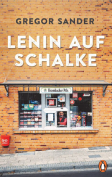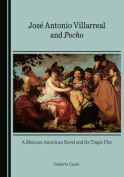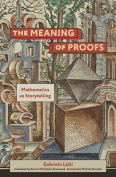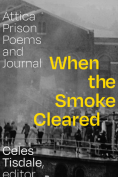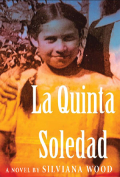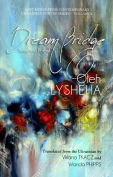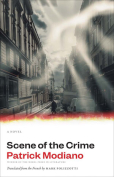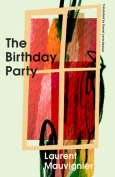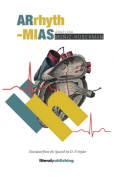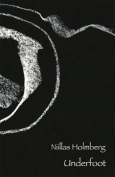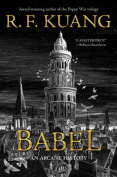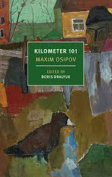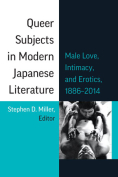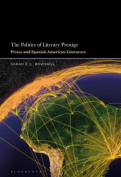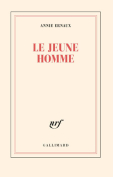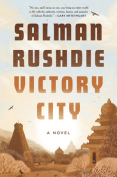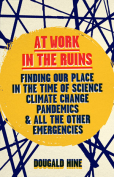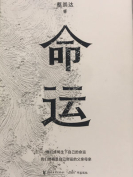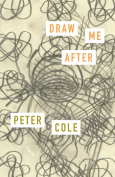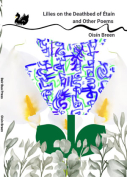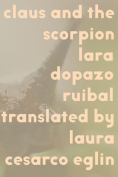Kilometer 101 by Maxim Osipov
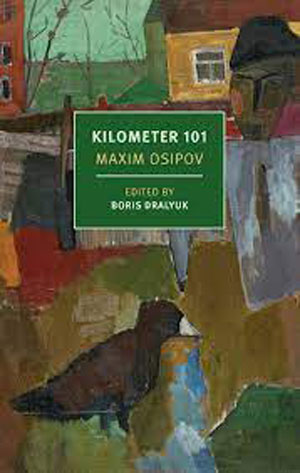 New York. New York Review Books Classics. 2022. 296 pages.
New York. New York Review Books Classics. 2022. 296 pages.
Maxim Osipov’s stunning second collection of six short stories and four essays, Kilometer 101, follows his scintillating Rock, Paper, Scissors and Other Stories. The title refers to the inauspicious demarcation line for former convicts who are only allowed to live one hundred kilometers from Moscow, usually in small country towns. There, they can continue previous occupations or professions but under the painful psychological endurance of isolation, discrimination, and arresting memories of prior identities and earlier lives.
Cardiologist Osipov knows the circumstances well. His great-grandfather, a physician, was imprisoned as part of the fabricated conspiratorial Doctors’ Plot (1951–53). The government attack was primarily against Jewish doctors from Moscow. On his release, Osipov’s ancestor chose to live in Tarusa, which Osipov also chose, practicing there until finally immigrating to Germany to escape complicit involvement with the Russian invasion of Ukraine.
The brief opening, “Sventa: In Lieu of a Foreword,” dedicated in memory of his parents, establishes the prominent, recurring themes of remembrance and home. During a book launch in Zarasai, Lithuania, Osipov recognizes everything. Things loved and lost generate melancholy reminiscences. He recalls an adolescent “maritime adventure” during a summer visit with a classmate. A two-story stone house and a “wooden, dilapidated bathhouse” that no longer exist. Two hundred thousand Lithuanian Jews buried in “shabby and sickly” forest ravines. Sventa, itself in Latvia, was a childhood side trip for picking blueberries and mushrooms.
The six successive short stories underscore the varieties and consequences of exile (physical and emotional) and the enduring nature of compassion amidst emigration and death. In “Little Lord Fauntleroy,” an empathetic visiting cardiologist in a Moscow suburb, which is “neither one thing nor the other,” is accused of illegal organ transplantation. The lengthy, leisurely “Pieces on a Plane” details reflections of a translator on the death of his father in a country where patronyms determine identity. In “Cape Cod,” a character who changes his surname feels parental responsibility and questions the “need [of] a homeland for something . . . But what?” Emigration becomes a “disaster, a mental illness.” The brutal irony of the American Dream is that while avoiding Russian conscription, his son enters West Point to learn how to kill people. A psychiatrist in “Luxemburg” recounts the anti-Semitic vandalism and persecution a former schoolmate encounters in a small town after he retreats there and discovers the “life experience we gained in the Soviet Union prepared us only for life in the Soviet Union.” A “chatty . . . unlicensed cabbie” extols “Big Opportunities” to a passenger seeking escape to freedom. In “The Whilst,” a scholar in ancient languages and cultures becomes attuned to the “separate and rather painful question . . . [of] the extended sleep of emigration.”
The four autobiographical essays (“My Native Land”; “A Sin to Complain”; “A Non-Easter Joy”; “The Children of Dzhankoy”) reiterate the struggles exposed in the short fictions. Osipov lists positive and negative philosophical impressions of the “provincial life” as the resident physician in N. The bottom line is “Wherever you go, everything’s the same. It’s easy to see why we have such miserable lives and such a wonderful literature.”
Throughout—in fiction or nonfiction—Osipov deftly combines illuminating insights of modern Russia with the poignancies of emigrating.
Robert Allen Papinchak
Valley Village, California
